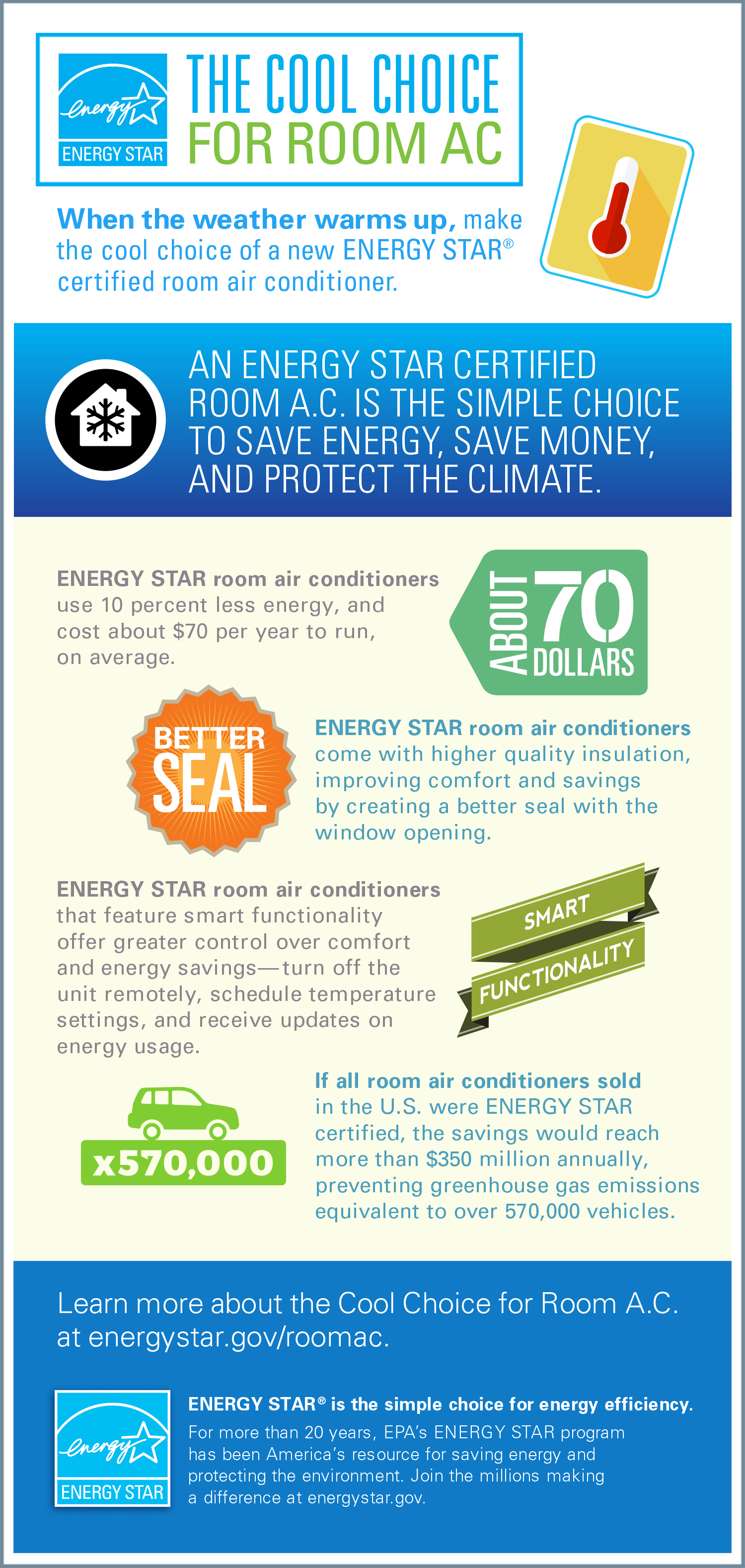The Future Of Home Heating - Exactly How Heat Pump Modern Technology Is Advancing
The Future Of Home Heating - Exactly How Heat Pump Modern Technology Is Advancing
Blog Article
Published By-Dawson Byrne
Heat pumps will be a vital modern technology for decarbonising home heating. In a scenario regular with governments' introduced energy and climate dedications, their international ability doubles by 2030, while their share in heating rises to one-quarter.
They work best in well-insulated homes and depend on electrical energy, which can be supplied from a renewable power grid. Technological breakthroughs are making them more reliable, smarter and more affordable.
Fuel Cells
Heatpump utilize a compressor, cooling agent, coils and followers to relocate the air and warmth in homes and home appliances. They can be powered by solar energy or electrical energy from the grid. They have been getting popularity as a result of their affordable, peaceful procedure and the capability to produce electricity throughout peak power need.
Some business, like IdaTech and BG MicroGen, are working with gas cells for home heating. These microgenerators can change a gas central heating boiler and create some of a house's electric demands with a connection to the electricity grid for the remainder.
Yet there are reasons to be hesitant of using hydrogen for home heating, Rosenow states. It would be expensive and inefficient compared to various other modern technologies, and it would certainly contribute to carbon emissions.
Smart and Connected Technologies
Smart home technology enables homeowners to connect and regulate their tools remotely with making use of mobile phone apps. For instance, wise thermostats can learn your home heating preferences and immediately get used to optimize power usage. Smart illumination systems can be controlled with voice commands and instantly shut off lights when you leave the space, lowering energy waste. And smart plugs can keep an eye on and manage your electric usage, enabling you to recognize and limit energy-hungry devices.
The tech-savvy house shown in Carina's meeting is a great illustration of how occupants reconfigure space heating techniques in the light of brand-new clever home modern technologies. heat pump special depend on the tools' computerized functions to accomplish day-to-day adjustments and concern them as a practical means of performing their heating techniques. Because of this, they see no reason to adapt their practices further in order to allow flexibility in their home power need, and interventions aiming at doing so might face resistance from these houses.
Power
Because heating homes represent 13% people exhausts, a switch to cleaner choices could make a big distinction. Yet the technology deals with obstacles: It's expensive and requires considerable home renovations. And it's not constantly suitable with renewable resource resources, such as solar and wind.
Until just recently, electric heatpump were too pricey to compete with gas versions in the majority of markets. But new developments in layout and products are making them a lot more economical. And better cold environment efficiency is allowing them to work well also in subzero temperature levels.
The following action in decarbonising home heating might be using warm networks, which attract warmth from a central source, such as a close-by river or sea inlet, and disperse it to a network of homes or buildings. That would lower carbon discharges and allow homes to make use of renewable energy, such as eco-friendly electrical power from a grid provided by renewables. best heat pumps nz would be less costly than changing to hydrogen, a fossil fuel that needs new facilities and would just decrease carbon dioxide exhausts by 5 percent if coupled with improved home insulation.
Renewable resource
As electricity prices go down, we're beginning to see the very same pattern in home heating that has driven electric cars right into the mainstream-- however at an also much faster rate. https://www.masstransitmag.com/bus/vehicles/hvac/article/21224168/mcts-using-new-spray-to-fight-airborne-viral-spread for electrifying homes has been pushed even more by brand-new research.
Renewables make up a considerable share of modern-day warmth usage, however have actually been given restricted plan focus internationally compared to various other end-use fields-- and also less attention than electrical energy has. Partially, this shows a mix of customer inertia, split motivations and, in many nations, aids for nonrenewable fuel sources.
New innovations could make the change much easier. For instance, heatpump can be made extra energy reliable by replacing old R-22 refrigerants with new ones that don't have the high GWPs of their precursors. Some experts likewise picture area systems that draw heat from a close-by river or sea inlet, like a Norwegian fjord. The cozy water can after that be used for heating and cooling in a neighborhood.